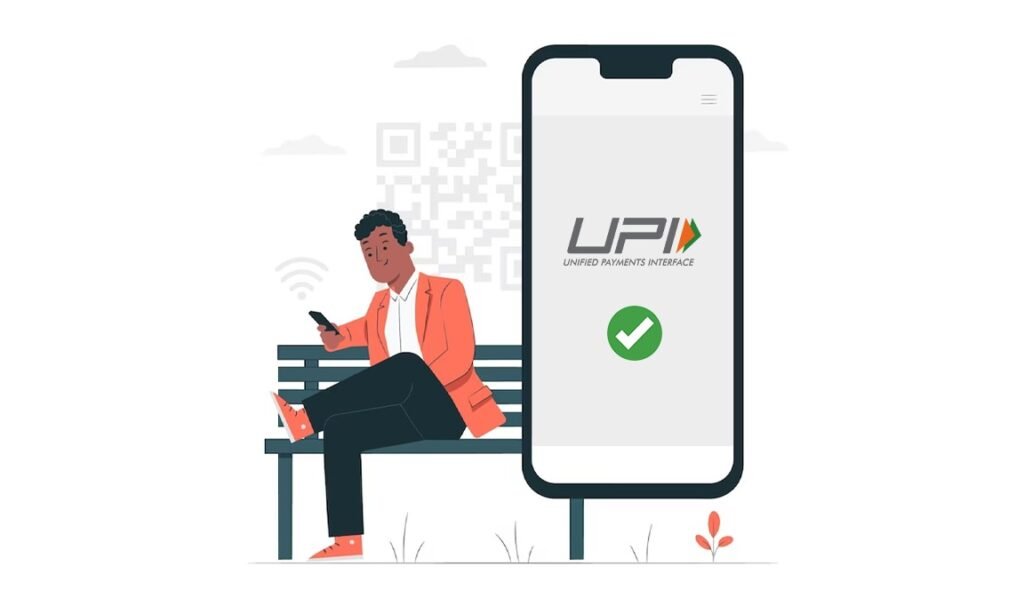A recent LocalCircles survey indicates that 75% of UPI users in India would stop using the platform if transaction fees are introduced.
UPI has become a vital digital payment tool, with 38% of users conducting over half their transactions through it, and 37% handling more than 50% of their total payment value via UPI. The survey, conducted between July and September 2024, collected over 44,000 responses from a diverse pool across 325 districts.
The fintech sector and banks have been pushing for a Merchant Discount Rate (MDR) on UPI transactions, similar to the fees charged on credit and debit card payments. However, many users worry that these fees will ultimately be passed on to consumers, making UPI less appealing, particularly for small businesses and everyday transactions.
This mirrors the existing practice where merchants impose extra charges on card payments to cover processing fees. If the proposed MDR on UPI transactions is implemented, it could deter users, especially small businesses already under financial strain, and create a barrier to UPI’s widespread adoption despite its current popularity.
The National Payments Corporation of India (NPCI) recently announced interchange fees for pre-approved UPI credit lines, effective from October 2024. With UPI transactions surpassing 131 billion and reaching nearly ₹200 trillion in FY 2023-24, the system is more critical than ever for India’s digital economy. However, only 22% of respondents are willing to pay transaction fees, raising concerns about the potential disruption to UPI’s growth and widespread use.
A similar survey conducted in March 2024 revealed that 73% of users were unwilling to pay transaction fees. By September, this figure had marginally increased, with 75% of users now expressing their reluctance to bear such charges, according to the latest survey report.
Amid growing UPI adoption, a shift to a fee-based model could lead to significant changes in user behavior, especially for small businesses and consumers heavily reliant on UPI for everyday transactions.
